Not too long ago, I picked up the New York Times and went immediately to an article in the Science section on heart health. Seeing that it was written by Jane Brody, I felt the all-too-familiar knot in my stomach whenever I see her by-line (for reasons which will become clear in a moment). I wondered how long it would take her to get to the same old claptrap about cholesterol causing heart disease and saturated fat being “artery-clogging” and how high-carb diets are wonderful.
Not very long.
Jane Brody has been the nutrition reporter for the New York Times since the invention of dirt. One thing you can say about her is that she’s consistent. She’s consistently advocated for establishment positions, arguing, Bagdad Bob-like, for the value of high-carb diets long past the time when most nutritionists worth their salt were abandoning it in droves. She continues to believe that statin drugs are the best thing since sliced bread, that cholesterol causes heart disease, and that saturated fat clogs arteries.
She has great reason to keep believing that, since in all the years I’ve been reading her I’ve never seen her interview anyone who was not firmly in the medical and dietary establishment. In psychology, that’s called “confirmation bias”. Reading her work, you’d hardly know a vibrant integrative / functional medicine community—often playing the role of “opposition party”— even existed. She’s like a political reporter who only interviews Republicans (or Democrats). She is the one-woman equivalent of old white men deciding issues of women’s health.
And her New York Times colleague, Gina Kolatta, isn’t much better. Though more focused on exercise, Kolatta routinely writes about nutritional issues from the point of view of establishment doctors who’ve never taken a nutrition course in their lives. Her recent article on vitamin D put forth the eye-popping position that 20 or so ng/ml is a perfectly acceptable level of vitamin D in the blood, essentially saying that all these people getting vitamin D tests and popping vitamin D pills are delusional.
Wait—let me be fair and check that Kollata article on vitamin D once more. She did interview John Cannel, MD of the non-profit vitamin D council for that article, didn’t she? How about Professor Michael Hollick, MD, PhD of Boston University Medical Center, arguably the most important vitamin D researcher of our time?
No? She didn’t?
Oh. Never mind.
Back to Brody. It’s worth noting that she has no degree in nutrition or medicine. She’s a journalist with a very definite point of view, one that’s reinforced by the people she interviews and left unchallenged by the people she doesn’t.
I’d wish that she’d retire, but she’d only be replaced by another just like her (Kolatta, maybe). I used to think that Jane Brody was the problem—even, in my more rambunctious and combative years, referring her to her once as the “antichrist” of nutrition. (OK, maybe that went too far.)
But I now realize that I’m not as angry at Brody as I am at the people who read (and believe) her. It’s certainly reasonable to expect that a paper that bills itself as “the paper of record” would be a reliable source of information, which it is, most of the time. Sadly, when it comes to nutrition, it’s not.
The Prime of Ms. Jane Brody has long passed. I’m sure she’s a very nice lady, and I wish her a long and healthy life. But I’d strongly advise taking everything she says with a healthy soupcon of sea salt.
Remember that reporting “the facts” and quoting “the experts” makes you look objective.
But the selection of which facts to report and which experts to interview remains very much a subjective choice.
________________________________________________
Related:
Alternative Facts Aren’t Just for Politics

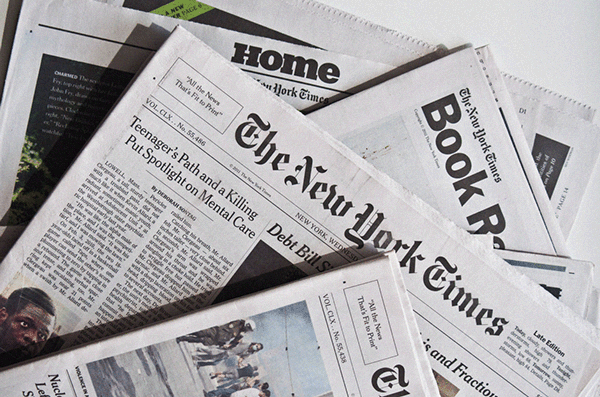



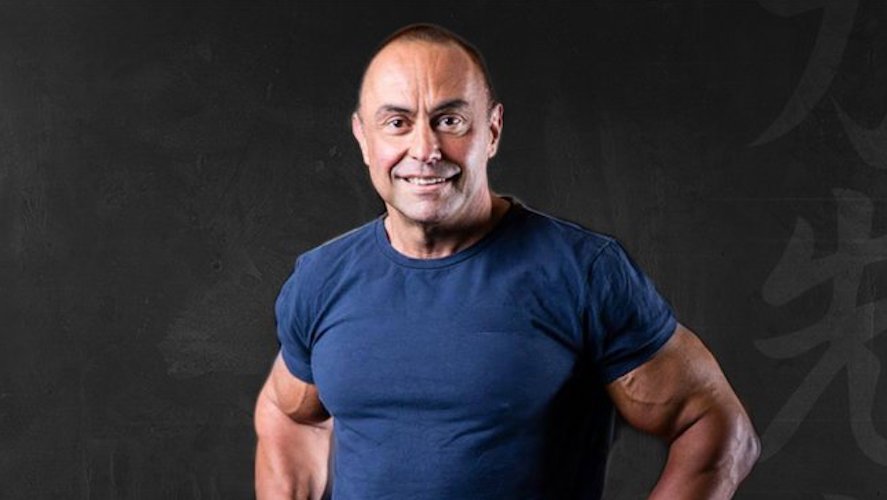
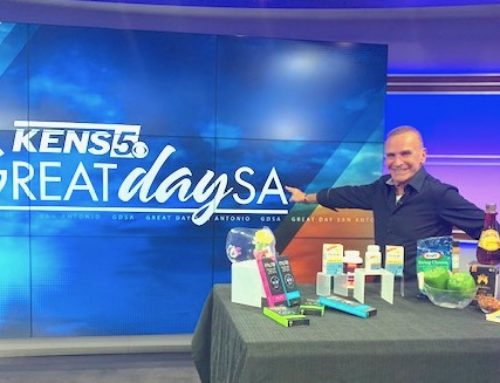
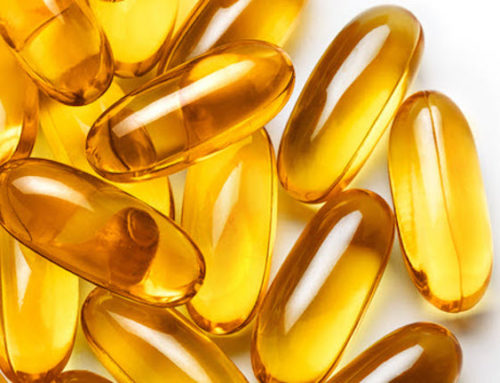
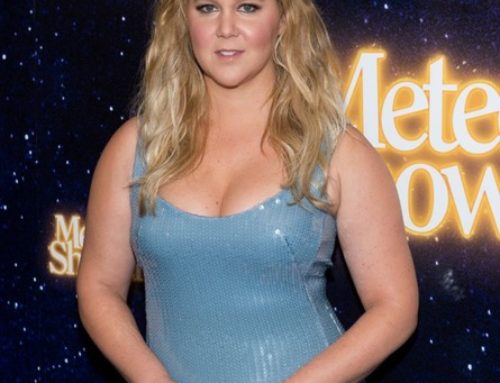





Jane Brody’s bad advice has hurt many people over the years, including herself. She’s already been collecting her karma with cancer, knee surgeries and other issues. Somehow Jane doesn’t get it that the diet she espouses might be a factor in her own poor health.
Jonny,
Hey thanks for the articles! I enjoyed them a lot. Fun and informative and it’s encouraging and great to hear that other men have similar thoughts, hang ups and anxieties .
Thanks,
Mike
“But I’d strongly advise taking everything she says with a healthy soupcon of sea salt.” I think you meant to write “spoon full” and NOT “soupcon.” A soupcon is a tiny amount of something, and the word healthy implies large, so the sentence doesn’t make sense as it is.
Great article! I love how you call them out. Her antiquated and bias “reporting” is frustrating enough, but the fact that so many people read and follow her advise is maddening. Please, please people, be your own doctor, advocate, teacher, guru. educate yourself!!
Please don’t ever stop being you Jonny!!